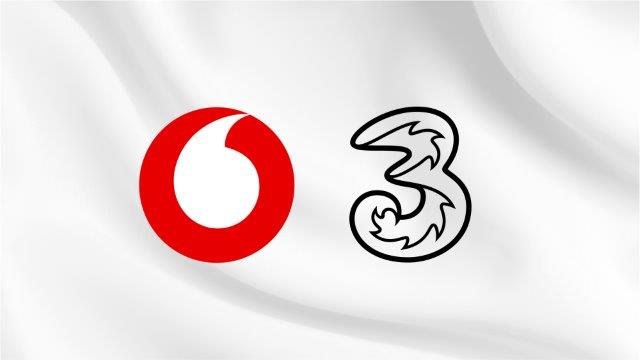CMA has Vodafone/Three merger concerns
March 22, 2024
By Colin Mann

The UK’s Competition and Markets Authority (CMA) has suggested that a proposed Vodafone/Three merger, which seeks to combine two of the four UK mobile network operators, could lead to higher prices for customers and affect investment in UK mobile networks.
The CMA launched its initial Phase 1 investigation in January 2024 after it was notified by Vodafone UK and Three UK. This 40 working day review is designed to identify whether the deal may lead to a ‘substantial lessening of competition’ – focusing on the potential impact on consumers and businesses in the UK – and therefore requires an in-depth, phase 2 investigation. Phase 2 investigations allow an independent panel of experts to probe in more depth initial concerns identified at Phase 1.
The CMA is concerned the deal could lead to mobile customers facing higher prices and reduced quality.
The CMA’s Phase 1 investigation found that Vodafone UK and Three UK provide important alternatives for mobile customers. Both have made significant investments in their networks in recent years – which includes the rollout of 5G. Three UK is also generally the cheapest of the four mobile network operators. The CMA is concerned that combining these two businesses will reduce rivalry between mobile operators to win new customers. Competitive pressure can help to keep prices low, as well as provide an important incentive for network operators to improve their services, including by investing in network quality.
The CMA is also concerned that the deal may make it difficult for smaller mobile ‘virtual’ network operators such as Sky Mobile, Lebara and Lyca Mobile to negotiate good deals for their own customers, by reducing the number of mobile network operators capable of hosting these ‘virtual networks’.
When announcing their deal in 2023, both Vodafone UK and Three UK claimed that combining both businesses would result in significant benefits to customers as well as speed up the deployment of new technologies. These types of claims can sometimes justify clearing a deal that would otherwise raise competition concerns.
Vodafone UK and Three UK’s claims are based on a number of assumptions about how they will combine and invest in their networks post-merger. The CMA considers these assumptions need more detailed assessment, particularly given the CMA’s concerns that the merger may reduce mobile operators’ overall incentives to invest in their networks.
Julie Bon, Phase 1 decisionmaker for this case at the CMA, said: “Millions of people in the UK depend on effective competition in the mobile market in order to access the best deals for them. Whilst Vodafone and Three have made a number of claims about how their deal is good for competition and investment, the CMA has not seen sufficient evidence to date to back these claims. Our initial assessment of this deal has identified concerns which could lead to higher prices for customers and lower investment in UK mobile networks. These warrant an in-depth investigation unless Vodafone and Three can come forward with solutions.”
Both Vodafone UK and Three UK have five working days to respond with meaningful solutions to the CMA, otherwise the deal will be referred to a more in-depth Phase 2 investigation
